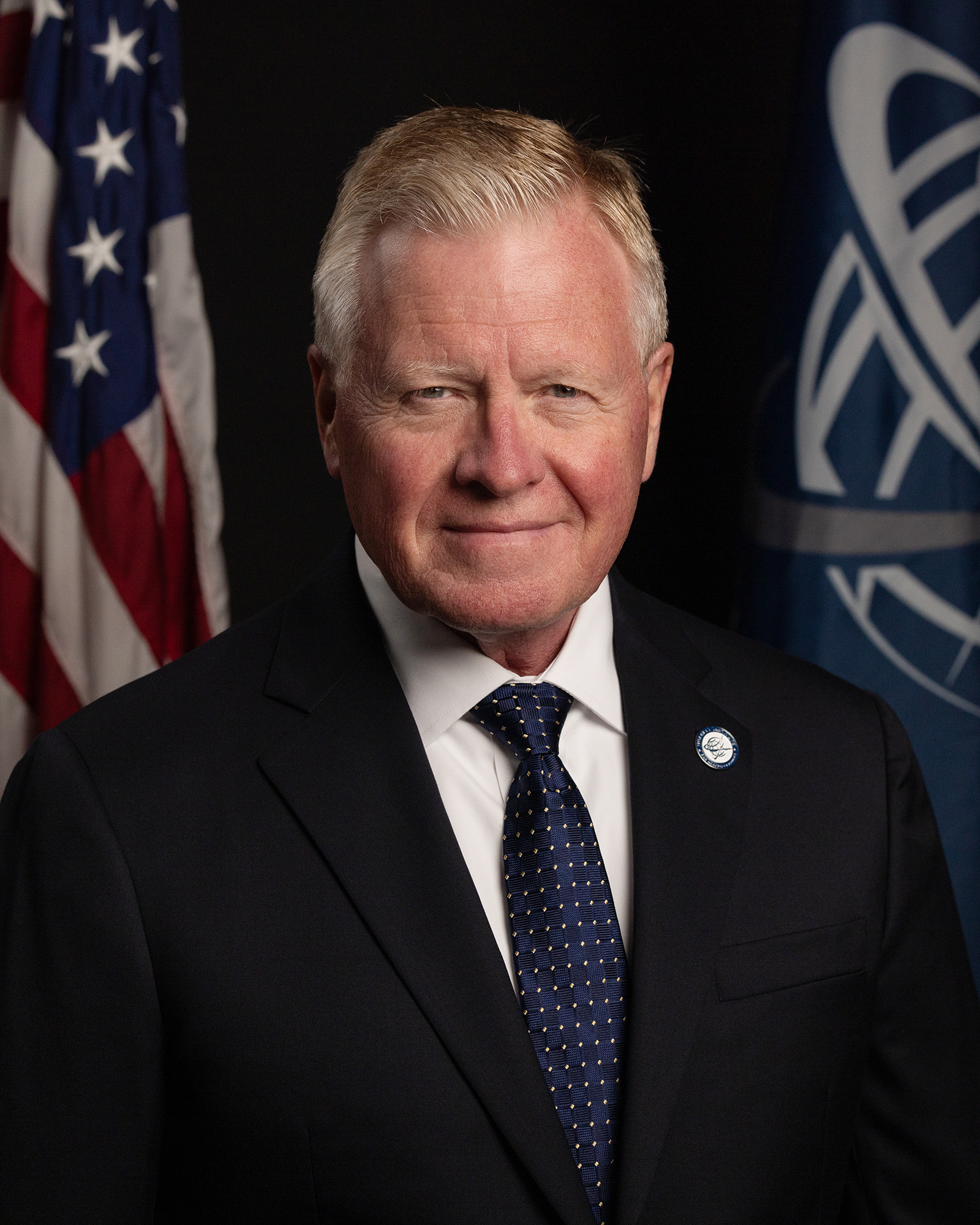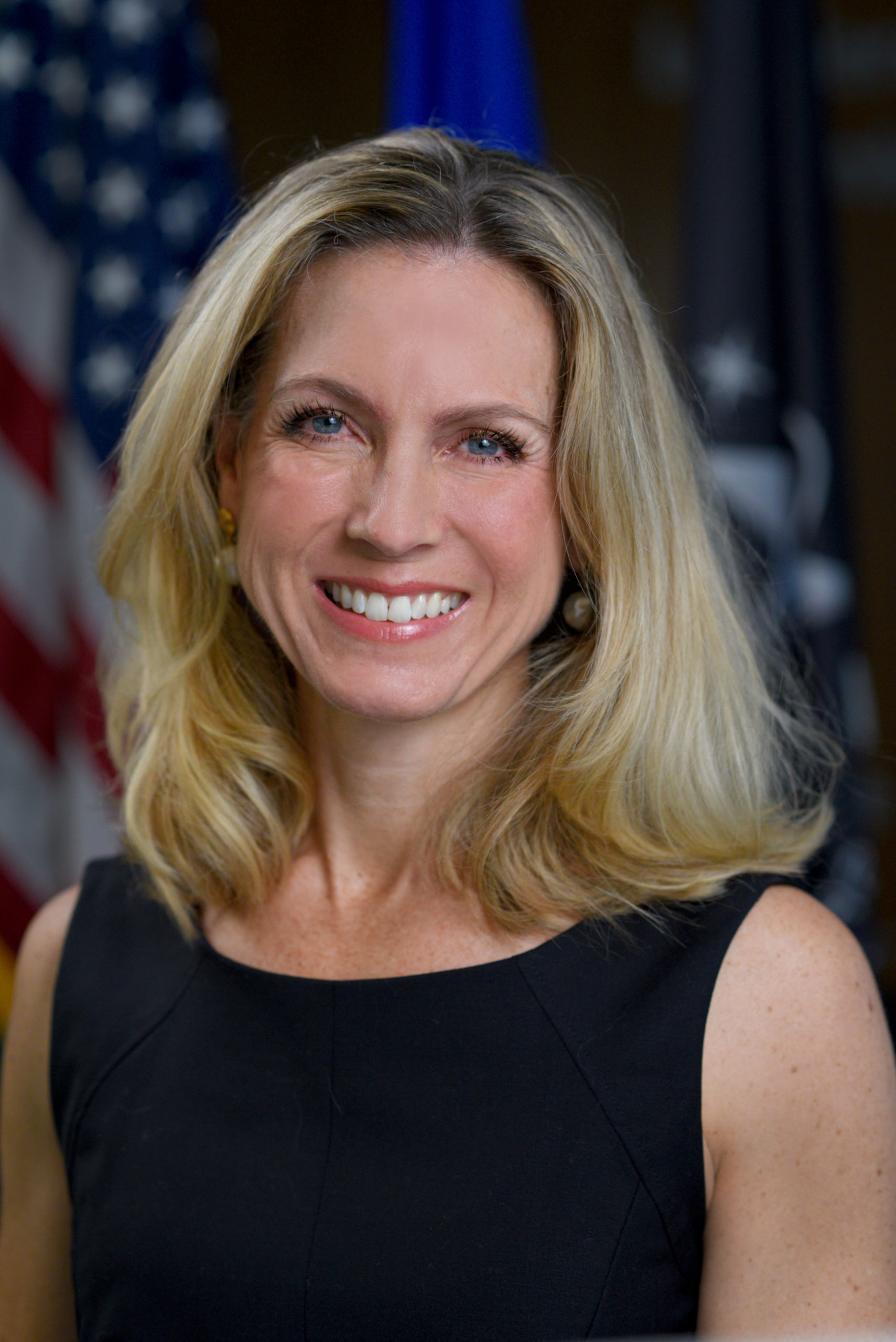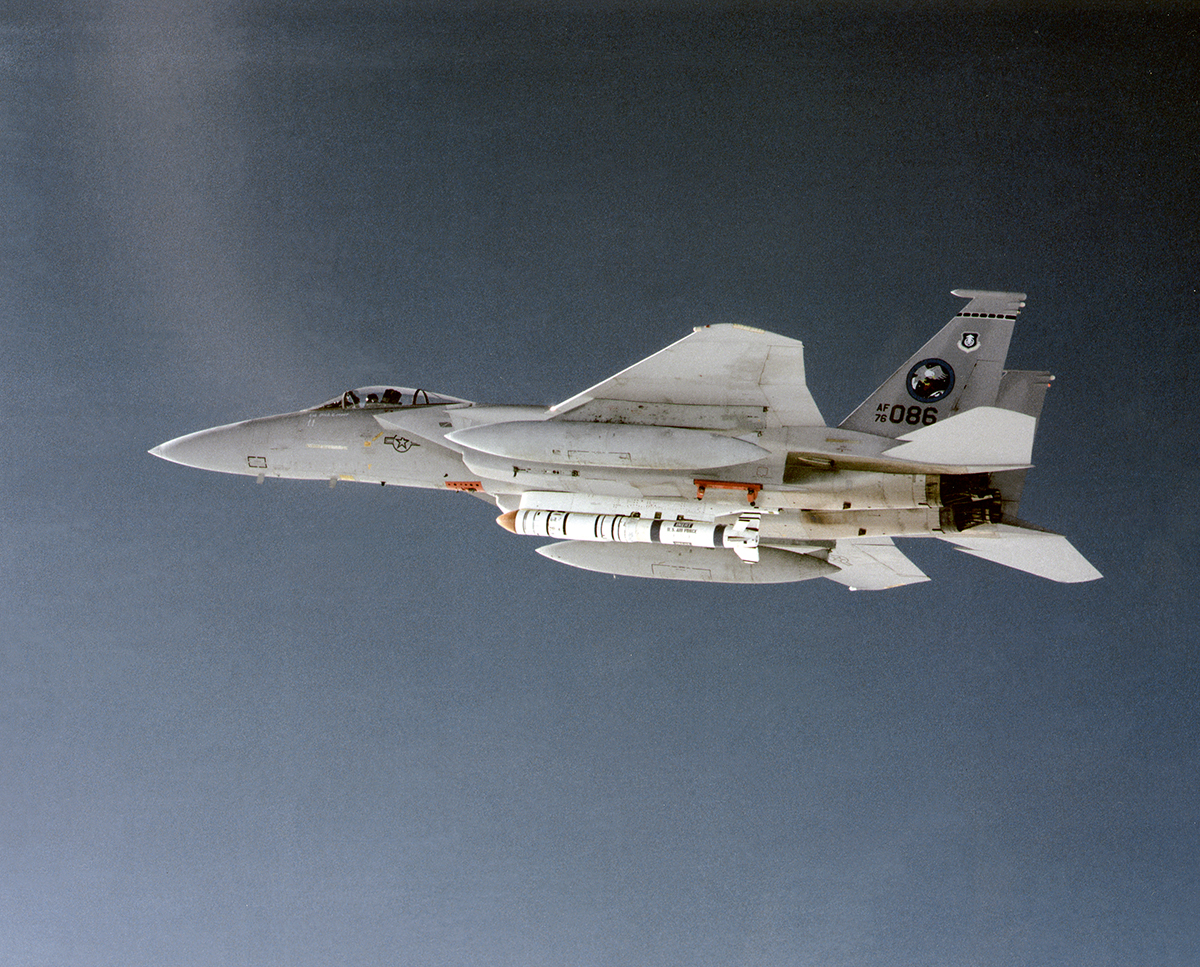The Mitchell Institute for Aerospace Studies is pleased to announce a new entry in its Policy Paper series, “Modernizing Unmanned Aerial Vehicle Export Policy for Effective Coalition Forces” by Heather R. Penney, Senior Resident Fellow at the Mitchell Institute for Aerospace Studies. At the virtual rollout, Mr. Keith Webster, president of the U.S. Chamber of Commerce’s Defense and Aerospace Export Council (DAEC) engages Ms. Penney and Maj Gen (Ret.) Larry Stutzriem in a discussion on U.S. UAV export approach.
Why is it easier for our allies to buy unmanned aerial vehicles (UAV) from China than from the United States? UAVs are essential, high-leverage tools in modern military operations, but thanks to decades-old nuclear non-proliferation export guidelines set by the Missile Technology Control Regime (MTCR), these aircraft are treated as if they were the same as ballistic or cruise missiles. Consequently, U.S. policy is built with the presumption that UAV export requests will be denied. This fractures important partnerships, blunts warfighting capability and capacity, and raises operational security risks. China is also exploiting the market vacuum in this space to advance their global posture and empower their indigenous UAV innovation efforts. Global security realities demand a change.
Watch
Downloads
Speakers
 Maj Gen Larry Stutzriem USAF (Ret.)Director of Research, Mitchell Institute for Aerospace Studies
Maj Gen Larry Stutzriem USAF (Ret.)Director of Research, Mitchell Institute for Aerospace Studies Heather PenneySenior Resident Fellow, The Mitchell Institute for Aerospace Studies
Heather PenneySenior Resident Fellow, The Mitchell Institute for Aerospace Studies Keith WebsterPresident of the U.S. Chamber of Commerce Defense and Aerospace Export Council (DAEC)
Keith WebsterPresident of the U.S. Chamber of Commerce Defense and Aerospace Export Council (DAEC)